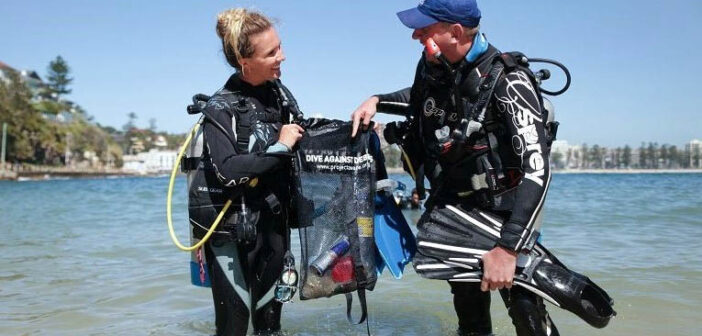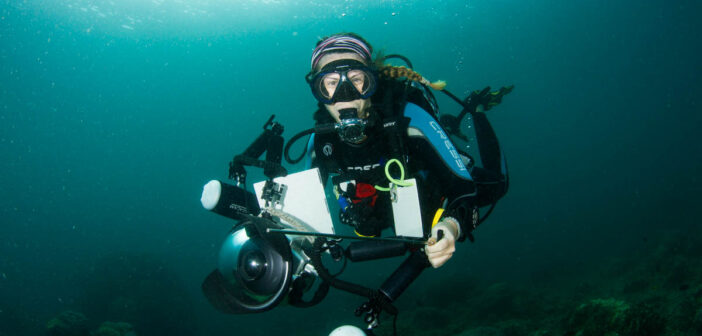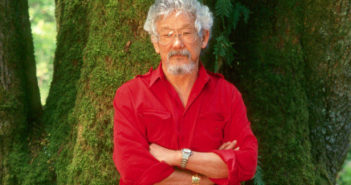
Browsing: Environmental News

CO2 and food: We can’t sacrifice quality for quantity
Bigger isn’t always better. Too much of a good thing can be bad. Many anti-environmentalists…
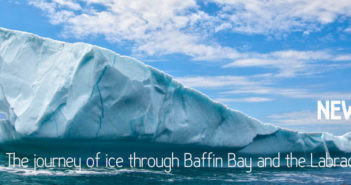
Arctic on the Edge
Sponsored by the Royal Canadian Geographical Society, the Arctic on the Edge/L’Arctique à la limite Expedition documents the life cycle of ice from Greenland to Baffin Island, south down the Labrador Coast, ending in Newfoundland
Arctic on the Edge
Sponsored by the Royal Canadian Geographical Society, the Arctic on the Edge/L’Arctique à la limite Expedition…
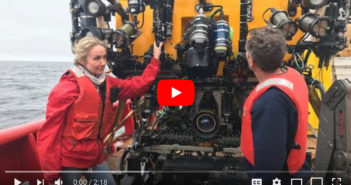
Exploring The Gulf of St Lawrence – Part One
In the coming weeks, The Scuba News Canada will be featuring videos by Oceana Canada on the exploration of the Gulf of St Lawrence.
Exploring The Gulf of St Lawrence – Part One
In the coming weeks, The Scuba News Canada will be featuring videos by Oceana Canada…
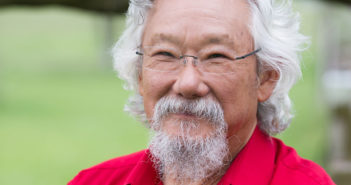
Can emissions shrink while the economy grows?
What does climate change have to do with economic growth? Canada’s prime minister and premiers signed a deal in December to “grow our economy, reduce greenhouse gas (GHG) emissions, and build resilience to the impacts of a changing climate.” The Pan-Canadian Framework on Clean Growth and Climate Change outlines plans for carbon pricing, energy-efficient building codes, electric vehicle charging stations, methane emission regulations and more.
Can emissions shrink while the economy grows?
What does climate change have to do with economic growth? Canada’s prime minister and premiers…
Body of Vancouver Island Filmmaker Found
Filmmaker who directed Salmon Confidential dies The body of Vancouver Island filmmaker Twyla Roscovich, 38,…
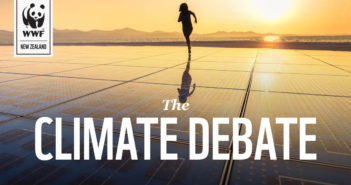
The Big Pre-election Climate Change Policy Debate
The environment has been a hot topic during the 2017 election campaign but one of the biggest issues, climate change, has received relatively little air time to date. That’s why WWF-New Zealand is hosting a Climate Debate on 19 September 2017 in Auckland, in partnership with Oxfam New Zealand and Fossil Free University of Auckland.
The Big Pre-election Climate Change Policy Debate
The environment has been a hot topic during the 2017 election campaign but one of…

Nature offers solutions to water woes and flood risks
When the Aztecs founded Tenochtitlán in 1325, they built it on a large island on Lake Texcoco. Its eventual 200,000-plus inhabitants relied on canals, levees, dikes, floating gardens, aqueducts and bridges for defence, transportation, flood control, drinking water and food. After the Spaniards conquered the city in 1521, they drained the lake and built Mexico City over it.

Nature offers solutions to water woes and flood risks
When the Aztecs founded Tenochtitlán in 1325, they built it on a large island on…

Prince Albert Foundation and German Ocean Foundation launch “ocean tribute” Award 2018
Protection of the world’s oceans and waterways has been an issue of central importance to…

New Mobile App Transforms Any Smartphone into a Tool for Ocean Protection
A smartphone app from the environmental organization Project AWARE® will enable scuba divers around the…

Taking Wildlife Tracking to Next Level with WWF Conservation Innovation Winner DroneCounts
WWF-New Zealand Conservation Innovation Awards winner DroneCounts is taking wildlife tracking to the next level in the urgent fight to stem the tragic loss of species, both locally and globally.

Taking Wildlife Tracking to Next Level with WWF Conservation Innovation Winner DroneCounts
WWF-New Zealand Conservation Innovation Awards winner DroneCounts is taking wildlife tracking to the next level…
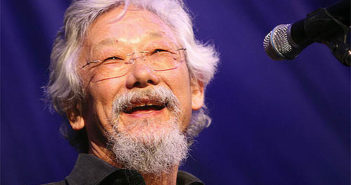
Study finds Exxon misled the public by withholding climate knowledge
Coal, oil and gas are tremendous resources: solar energy absorbed by plants and super-concentrated over millions of years. They’re potent fuels and provide ingredients for valuable products. But the oil boom, spurred by improved drilling technology, came at the wrong time. Profits were (and still are) the priority — rather than finding the best, most efficient uses for finite resources.

Study finds Exxon misled the public by withholding climate knowledge
Coal, oil and gas are tremendous resources: solar energy absorbed by plants and super-concentrated over…
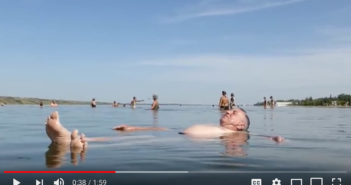
Little Manitou Lake’s buoyancy may encourage non-swimmers
If you think you lack buoyancy and fear drowning there is a lake in Saskatchewan that likely will keep you afloat.
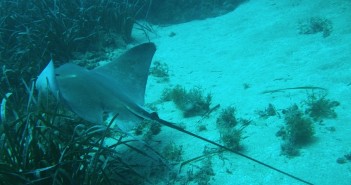
Little Manitou Lake’s buoyancy may encourage non-swimmers
If you think you lack buoyancy and fear drowning there is a lake in Saskatchewan…
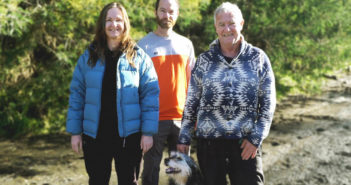
WWF-New Zealand Conservation Innovation winner RiverWatch making a splash
A game-changer solution to New Zealand’s freshwater emergency, WWF-New Zealand Conservation Innovation Awards winner the RiverWatch Water Sensor is heading towards commercial market production.
WWF-New Zealand Conservation Innovation winner RiverWatch making a splash
A game-changer solution to New Zealand’s freshwater emergency, WWF-New Zealand Conservation Innovation Awards winner the…
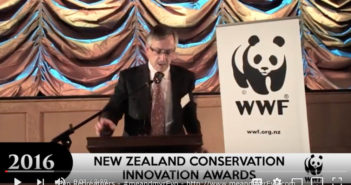
WWF New Zealand’s on the look out for next environmental game changer
WWF-New Zealand, with supporters The Tindall Foundation, Department of Conservation, Callaghan Innovation and New Zealand’s Biological Heritage National Science Challenge, is on the search—from research labs to garden sheds and everywhere in between—for new ideas that could positively impact the environment.
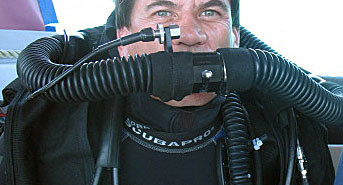
WWF New Zealand’s on the look out for next environmental game changer
WWF-New Zealand, with supporters The Tindall Foundation, Department of Conservation, Callaghan Innovation and New Zealand’s Biological Heritage National Science Challenge, is on the search—from research labs to garden sheds and everywhere in between—for new ideas that could positively impact the environment.
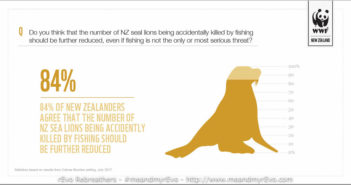
New Zealanders call for better protection for NZ sea lions
New Colmar Brunton polling released today shows that an overwhelming number of New Zealanders want the government to do more to protect endangered NZ sea lions from being accidentally caught and killed in fishing nets.

New Zealanders call for better protection for NZ sea lions
New Colmar Brunton polling released today shows that an overwhelming number of New Zealanders want…
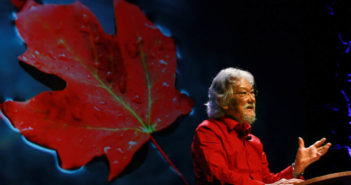
When times get dark, we must shine brighter
Are we entering a new Dark Age? Lately it seems so. News reports are enough to make anyone want to crawl into bed and hide under the covers. But it’s time to rise and shine. To resolve the crises humanity faces, good people must come together.
When times get dark, we must shine brighter
Are we entering a new Dark Age? Lately it seems so. News reports are enough…
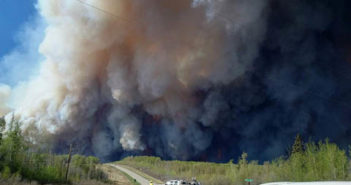
Wildfires are a climate change wake-up call
Wildfires are sweeping B.C. Close to 900 have burned through 600,000 hectares so far this year, blanketing western North America with smoke. Fighting them has cost more than $230 million — and the season is far from over.
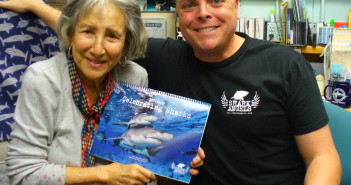
Wildfires are a climate change wake-up call
Wildfires are sweeping B.C. Close to 900 have burned through 600,000 hectares so far this…
Gulf of St. Lawrence Expedition
Exploring and Protecting Canada’s Oceans. Gulf of St. Lawrence Expedition, August 2017 Oceana Canada, leading scientists…
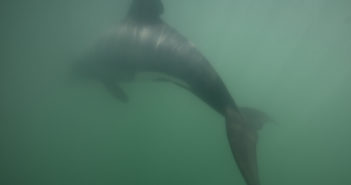
The EPA has sold the health of the marine environment for profit
WWF-New Zealand is really disappointed by today’s Environmental Protection Authority (EPA) decision to approve seabed mining in the habitat of New Zealand’s critically endangered Māui dolphins.
The EPA has sold the health of the marine environment for profit
WWF-New Zealand is really disappointed by today’s Environmental Protection Authority (EPA) decision to approve seabed…
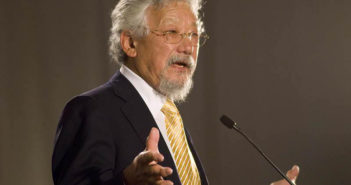
We only have one Earth, and we’re overshooting its capacity
August 2 was Earth Overshoot Day. Unlike Earth Day or Canada Day, it’s not a time to celebrate. As the Earth Overshoot Day website explains, it marks the time when “we will have used more from nature than our planet can renew in the whole year.” That is the definition of unsustainable and means we’re using up the biological capital that should be our children’s legacy. We would require 1.7 Earths to meet our current annual demands sustainably.
We only have one Earth, and we’re overshooting its capacity
August 2 was Earth Overshoot Day. Unlike Earth Day or Canada Day, it’s not a…
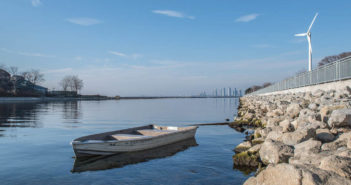
Lake Ontario Water Levels
Thank you Jeff Shaw for these photos depicting the rise of the water levels in Lake Ontario. Jeff took these pictures near Ontario Place on Lake Ontario.

Lake Ontario Water Levels
Thank you Jeff Shaw for these photos depicting the rise of the water levels in…
Project AWARE Evening at NZ Sea Adventures
Join the Team at NZ Sea Adventures for a FREE Project AWARE Specialty evening on…
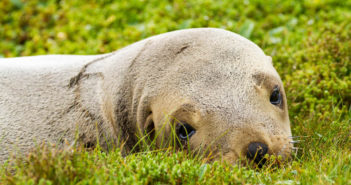
New draft squid fishing plan recognises uncertainties in science of fishing impact on New Zealand sea lions
Environmental organisation WWF-New Zealand, today cautiously welcomed the Ministry for Primary Industries’ new draft squid fishing plan and called for precautionary action to save the New Zealand sea lion. The ‘Squid 6T Operational Plan’, released today for consultation regulates trawling for squid around the Auckland Islands, home to the most important breeding colony of this endangered species.

New draft squid fishing plan recognises uncertainties in science of fishing impact on New Zealand sea lions
Environmental organisation WWF-New Zealand, today cautiously welcomed the Ministry for Primary Industries’ new draft squid…
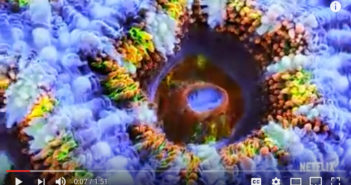
Chasing Coral
Coral reefs are disappearing at an unprecedented rate around the world. A select team of divers, photographers and scientists set out to discover why and to reveal the underwater mystery to the world.

Chasing Coral
“It’s not too late for coral reefs… indeed, for many other ecosystems that are facing…
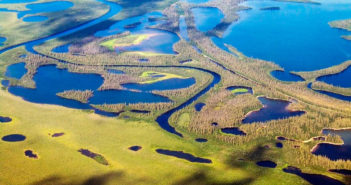
The Climate Bomb Lurking Under Arctic Permafrost
New research aims to better understand how much methane – a potent greenhouse gas – is burbling to the surface of the Mackenzie Valley in Canada’s Northwest Territories as the permafrost thaws.
The Climate Bomb Lurking Under Arctic Permafrost
New research aims to better understand how much methane – a potent greenhouse gas –…
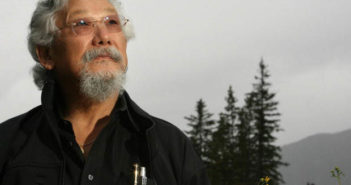
Environmental Protection Act review could strengthen human rights
Governments change — along with laws, regulations and priorities. It’s the nature of democracies. In Canada, we’ve seen environmental laws implemented, then weakened or overturned, then strengthened and re-instated. But the basic necessities of health, well-being and life shouldn’t be subject to the shifting agendas of political parties. That’s why Canada should recognize the right to a healthy environment in its Constitution — something 110 countries already do.


